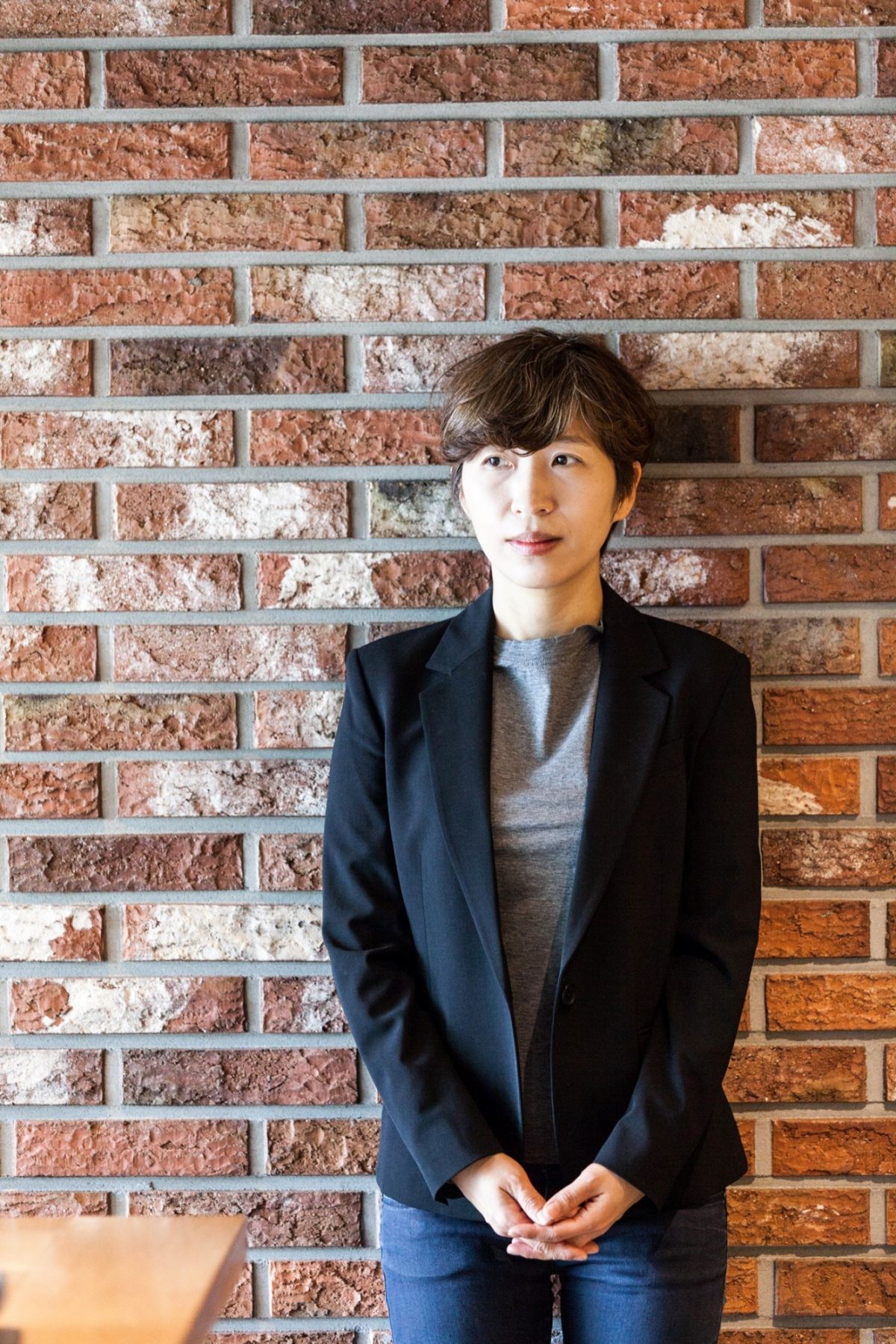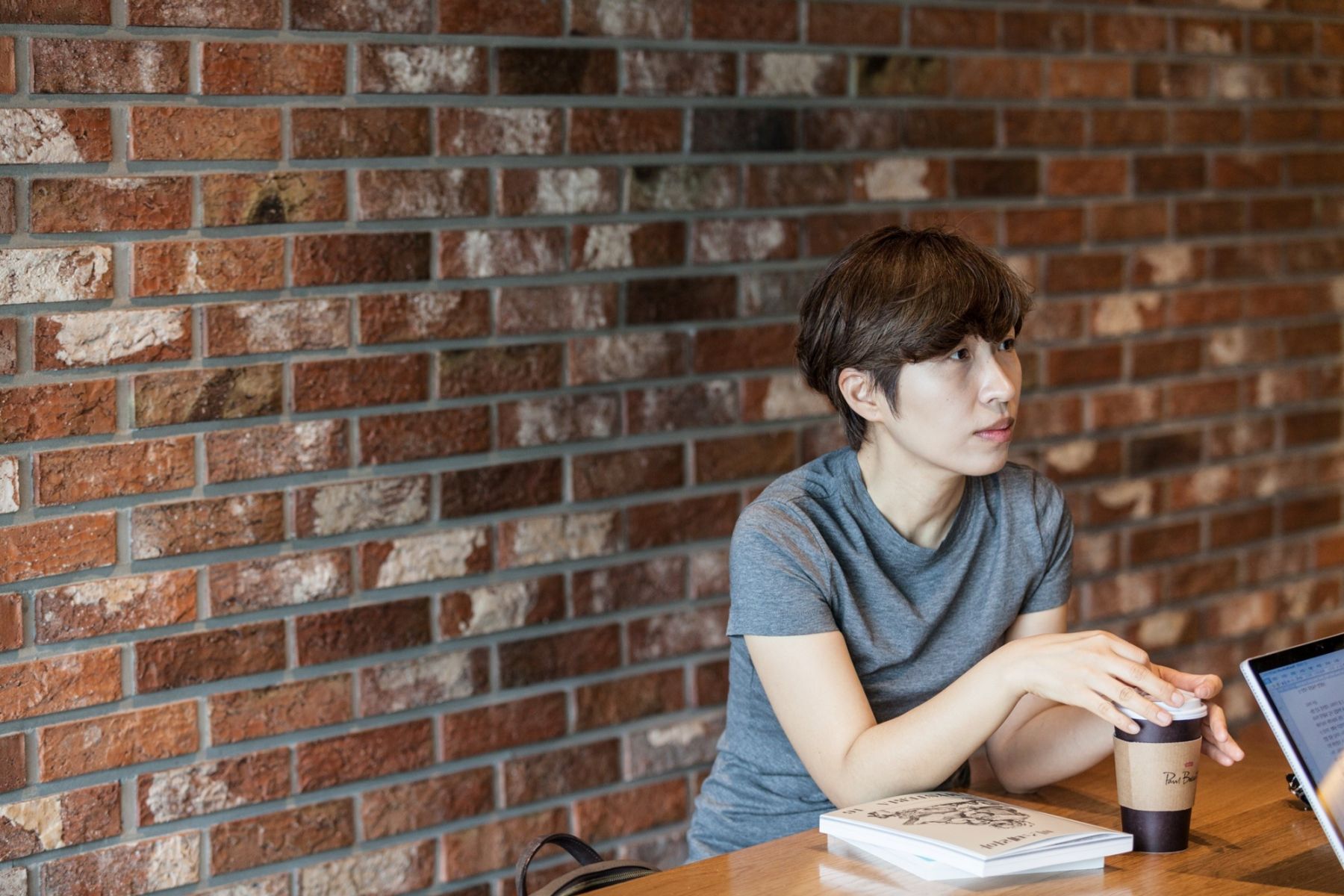A frequent collaborator of renowned Korean director Park Chan-wook, screenwriter Chung Seo-kyung is a force of her own. In a rare interview with Tatler, she tells us about her work, love for Hong Kong movies and the next project she’s working on
The Handmaiden, Thirst and Sympathy for Lady Vengeance—any fan of South Korean cinema would know that these critically acclaimed movies are directed by Park Chan-wook, one of South Korea’s most prolific directors. But the person who penned these successful movies is a force of her own: Chung Seo-kyung. Other than being a frequent Park collaborator, Chung is one of the best film and television writers in South Korea today. Her work with Park remains timeless and legendary and when it comes to screenwriting, she’s unmatched.
Chung has been bestowed with numerous screenwriting awards and nominations locally and internationally such as from the Asian Film Awards, Baeksang Art Awards and Chicago Film Critics Association. Her affinity for thrillers and the bizarre has made her movies both a fan favourite and critic darling. This year, Chung is participating in a masterclass and workshop at the first-ever New Shores, New Waves: Busan International Film Festival in Hong Kong with two of her films also screening at the event.
Ahead of her online appearance, Tatler catches up with the screenwriter in a rare interview where she talks about her work, Park Chan-wook, her love for Hong Kong movies and the Korean drama she’s currently working on.
Don’t miss: Hong Kong Director Fruit Chan Looks Back at His 40-Year Career in the Film Industry

Have you always been interested in movies?
Since I was young, I always enjoyed reading. At that time, I wasn’t that interested in movies but when I reached my 20s, all of a sudden I fell in love with movies. But despite that, I’m still in love with books. Though I like both movies and books now, the reason I prefer movies and write for movies is that they are different media. When you read the book, it’s always just black and white. But when you watch a video or when you make a video, it’s more three dimensional. And the sensations and feelings are totally different.
Do you think the film industry in South Korea is still male-dominated? How does it feel to be a female TV and film writer today?
10 years ago, I always receive this kind of question about South Korea being a male-dominated society and of course, the film industry is also male-dominated. But right now, I don’t think like that anymore. I’m working on a TV drama and there are about 20–30 crew members and I was surprised because there’s only one male crew member. Right now, I think the Korean film industry slightly moving away from being male-dominated. I think there are more and more women in the industry. The male-female ratio and in terms of the film industry members is maybe about 50:50.
I also think about what will it be like in five years time. I’m quite optimistic about this as there are more up and coming female directors these years and they’re making really good films and most of the outstanding new filmmakers are women. So I think in five years time, there will be more and more female staff, crew members and so on.
Tell us how you first met director Park Chan-wook and how your continuous work together came about?
I think I first met director Park, 17 years ago. At that time, I participated in a short film competition and he was the jury member. I won the prize for the short film and two years after the competition when director Park finished making his film Oldboy, he said he wanted to work on a new project and needed somebody to write the script for him. And he remembered me.
Before meeting him, I had already written some scripts on my way. When I presented them to investors, they always commented how my scripts are all very strange, weird and bizarre. But that seems to be something that director Park likes so that’s how we came to work together.
Don’t miss: Meet Yim Soon-Rye, the Trailblazing Female Director of Korean Cinema













